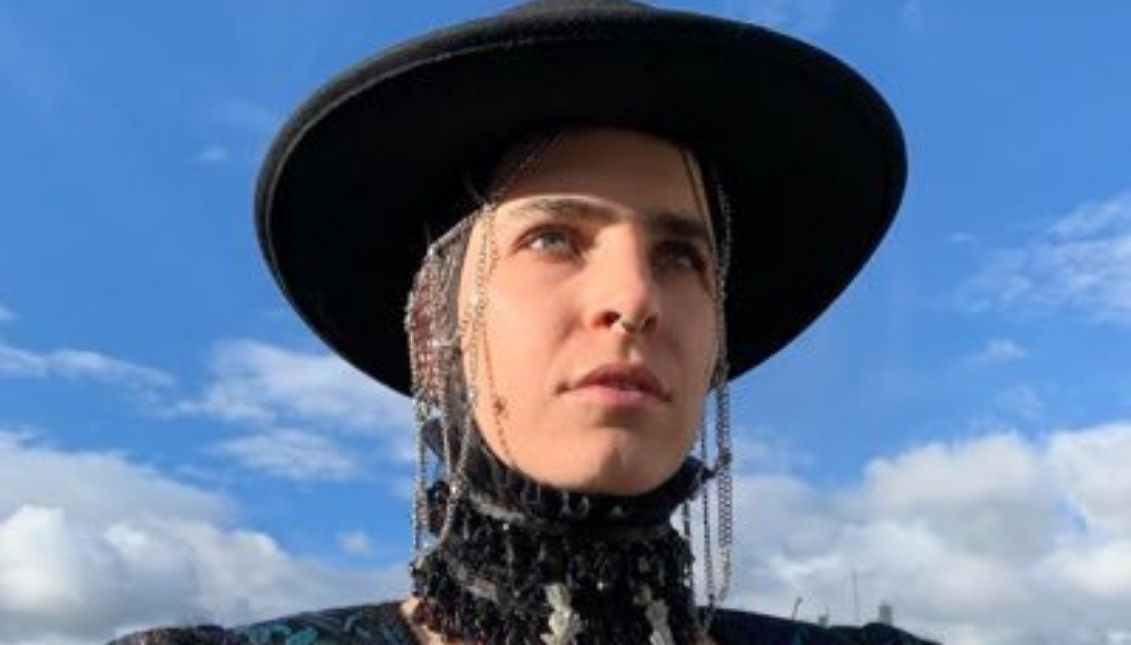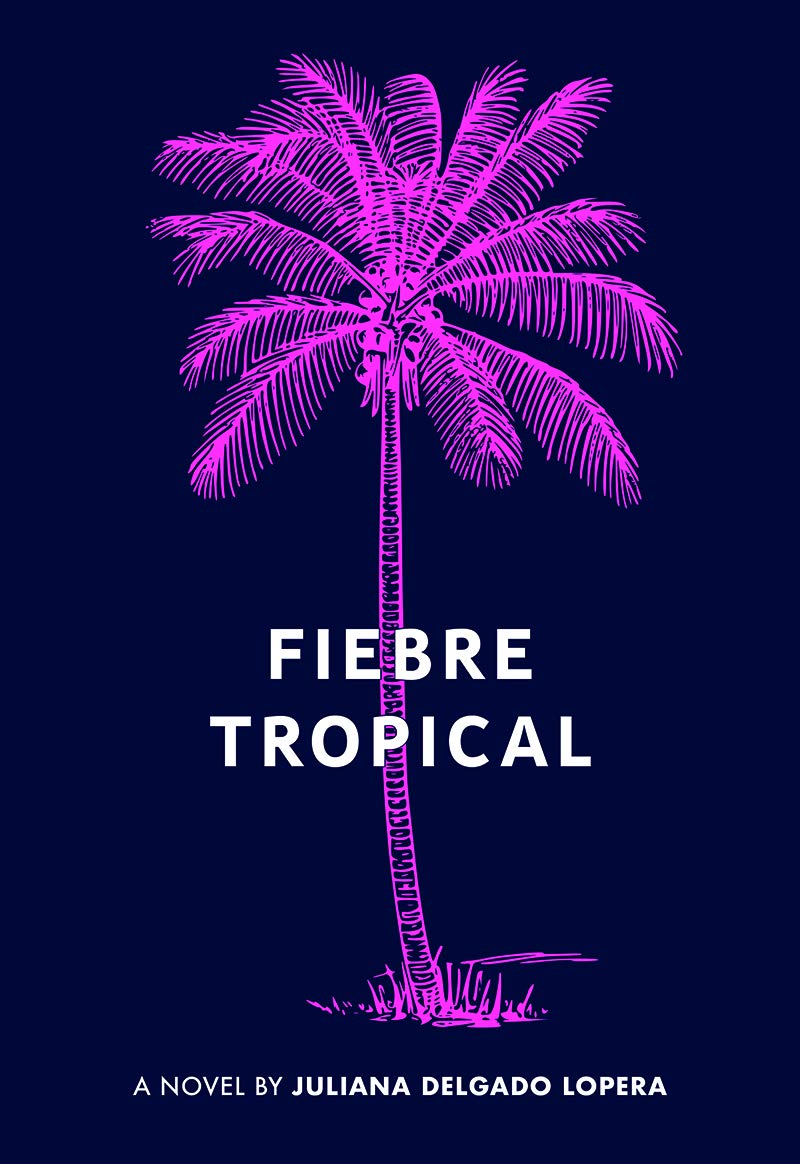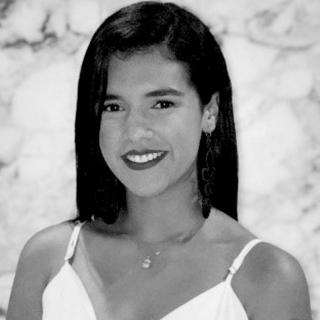
Julián Delgado is a Colombian author. Photo: Twitter
The 'Tropical Fever' of a Queer Author
Julian Delgado Lopera turns true stories into fiction, as in Fiebre Tropical.
Julian Delgado Lopera is a young Colombian migrant in the United States, who through their words, turns real stories into wonderful fictional stories that many people can identify with.
In an interview with AL DÍA, Juli spoke about what it was like to migrate 18 years ago from Colombia to 'Las yunai,' writing their second book, the influence of Drag in their life and in their way of telling stories.
Juli goes out 'owning oneself,' as they put it. In his Instagram photos, fans can appreciate the vibrant personality that stands out through drag makeup with very sharp contours, shiny stones, lots of shadows and strong colored lips. They walk between masculine and feminine, even stepping on the androgynous, and loves being that way. They learned to love being different from what society imposes on them.
Currently, this young person lives in San Francisco, the city where they arrived 13 years ago to study at Berkeley, where he discovered a world full of art, literature and knowledge about the LGBTQ+ community, and among whom they found their tribe of 'weird freak kids.'
Julian has a very interesting way of speaking, mixing his native language, Spanish, with American English. It is in this 'Spanglish' language that they tell the story of their most recent book, Fiebre Tropical.
"The story of Fiebre Tropical begins with an assignment I was given in one of my master's classes in creative writing. I began to remember a story from the church my mom attended in Miami, where they talked about the importance of baptizing dead babies. Nothing ever happened, but I began to wonder what would have happened if we had baptized a dead baby," Julian said in the interview.
Fiebre Tropical is based on the story of Francisca, a young woman who has to migrate from Colombia to Miami for family reasons, and during her new American life she discovers new tastes and interests, even in the field of love.
The story is not Julian's, as his life and Francisca's have become increasingly distant over the years. However, there are many of his memories written in the pages of the book that are also a reflection of many people who have left their countries to face the 'American dream.'

"One of my favorite parts of the book is the chapter I wrote about my grandmother," Juli recounts, recalling that connection they had with her. "I had a very close relationship with my grandmother, we understood each other just by looking at each other and she was very kind-hearted."
For that reason, although the character in the book is not very similar to the writer's who was "too good to be a literary character," she does reflect to a certain extent those Latina grandmothers who migrate with their families and help them at all times.
Finally, one of the greatest motivations for the young writer has been his queer family — a group of people they chose to live with since they arrived in San Francisco and who have allowed them to live and explore new facets of life without being afraid to be different.
"In the end we are all doing a gender performance. We all have to comply with certain norms and we build ourselves every day when we decide how to dress, put on makeup or do our hair," said Delgado, referring to how they have been coping with those "differences" that make them stand out from the rest of the people.
"We should not be afraid of people who look different," is Julian's last slogan for their readers. They always seeks to tell a different story through their lyrics.












LEAVE A COMMENT: